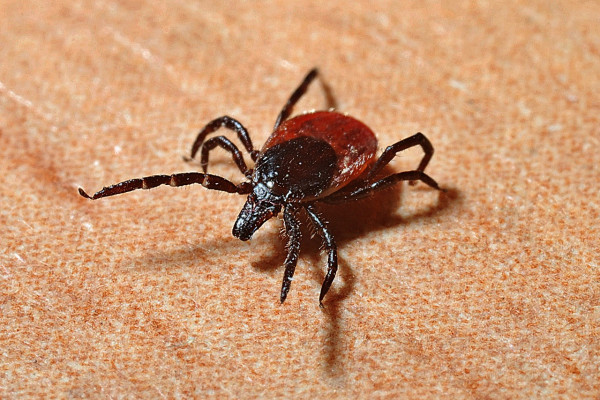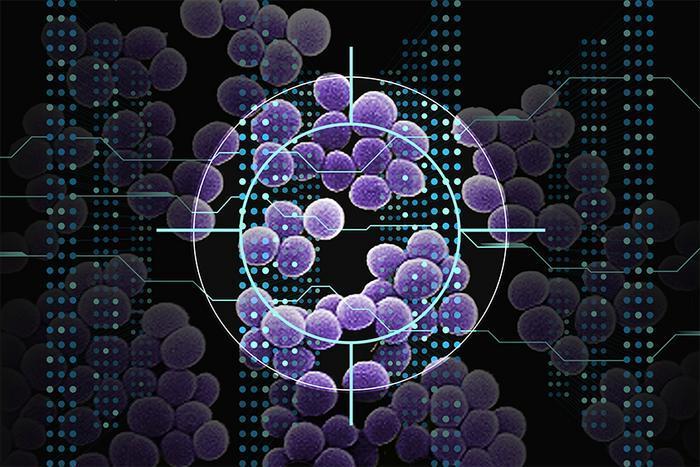Lyme Disease Vaccine In Its Final Clinical Trial
A forthcoming vaccine for Lyme disease is undergoing its final clinical trial, announced by French pharmaceutical company Valneva, in collaboration with Pfizer. This vaccine, dubbed VLA5, demonstrated a robust immune response during Phase 2 trials.
The upcoming Phase 3 trial will enlist 6,000 participants worldwide, focusing on regions with high Lyme disease prevalence such as Finland, Germany, the Netherlands, Poland, Sweden, and the United States. By targeting the outer surface protein (OspA) of the Borrelia burgdorferi bacteria transmitted by ticks, the vaccine aims to prevent human infection.
Annaliesa Anderson, Ph.D., Senior Vice President and Head of Vaccine Research & Development at Pfizer, expressed anticipation for the Phase 3 results, emphasizing collaboration with research sites in the U.S. and Europe.
With over 476,000 annual Lyme disease cases in the U.S. and a 5.8 percent global incidence rate, the potential impact of this vaccine is substantial. Given Lyme disease’s capacity to progress into chronic illness, the prospect of preventing debilitating conditions for millions is a significant development.




